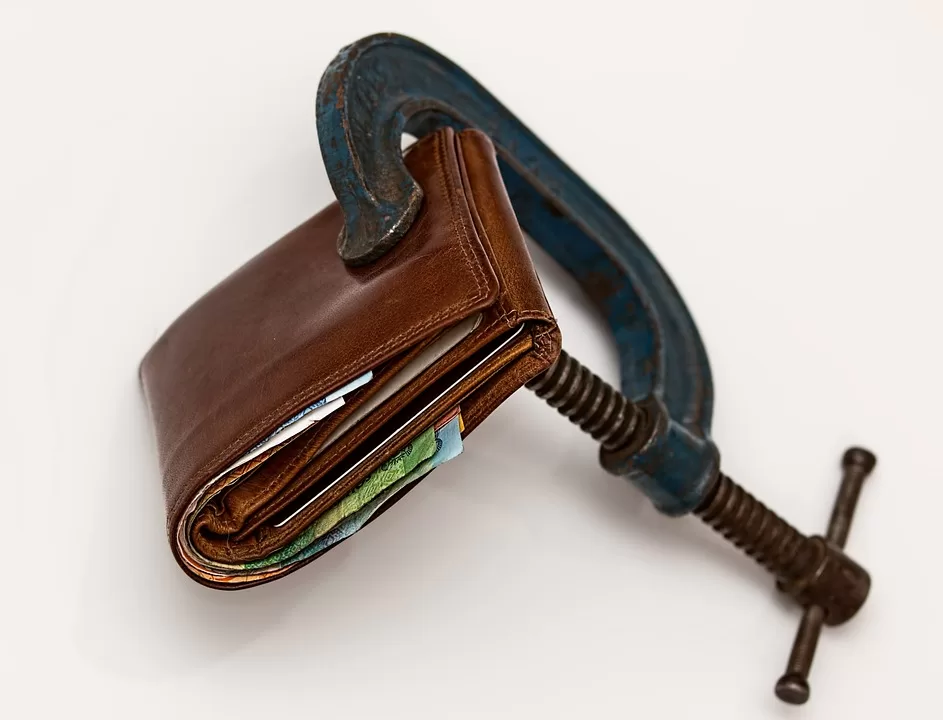Debt consolidation is the process of merging multiple debts into a single, more manageable obligation. This financial strategy is designed to simplify your repayment process and may offer benefits such as lower interest rates and reduced monthly payments.
By streamlining your debts into one loan, you can focus on one consistent payment schedule rather than juggling several different due dates.
How Does Debt Consolidation Work?
When you consolidate your debts, you replace several high-interest obligations—like credit card bills or personal loans—with a single debt instrument, often a personal loan or a balance transfer credit card that features a lower interest rate.
For example, if you have multiple credit card debts with varying rates, you could secure a personal loan at a lower rate, use it to pay off your cards, and then concentrate on repaying the one consolidated loan.
This approach not only helps in reducing the overall interest expense but also simplifies your monthly budgeting process.
Debt Consolidation Example: Consolidating Credit Card Debt
Consider a scenario where you have three credit cards with balances of $5,000, $3,000, and $2,000, each carrying interest rates of 20%, 18%, and 15% respectively.
Managing these separate payments can be challenging, and the high rates might be draining your finances over time. By opting for a personal loan of $10,000 at an interest rate of 10%, you can pay off all three cards at once.
Under this consolidation strategy, instead of making three payments, you make just one monthly payment, which could lead to significant savings—potentially reducing your annual interest from $1,840 to $1,000.
Debt Consolidation Calculator in Action
Using a debt consolidation calculator, you can plug in your current balances and interest rates alongside the new loan terms to see potential savings.
In our example, the calculator would show that consolidating these debts results in a yearly interest saving of approximately $840. Such a tool is invaluable for comparing scenarios and deciding whether debt consolidation is the right strategy for your financial situation.
The Pros and Cons of Debt Consolidation
Pros
Debt consolidation offers several benefits that make it an appealing option for many:
- Simplified Payments: One consolidated monthly payment can replace multiple due dates, reducing the chance of missed payments.
- Lower Interest Rates: By obtaining a loan with a reduced rate, you can potentially lower your overall interest expenses.
- Improved Financial Management: With a single payment, budgeting and tracking your repayment progress becomes more straightforward.
Cons
However, it is important to consider the potential drawbacks before committing to debt consolidation:
- Fees and Costs: Some consolidation options come with origination fees, balance transfer fees, or early repayment penalties, which can add to the overall expense.
- Extended Repayment Periods: While monthly payments might be lower, a longer repayment term could mean paying more interest over time.
- Risk of Further Debt: Without addressing the underlying spending habits, consolidation might provide only temporary relief and could lead to further borrowing.
Choosing Reputable Debt Consolidation Companies
When considering debt consolidation, selecting a trustworthy provider is crucial. Start by checking with the Better Business Bureau (BBB) for accredited companies and reading online reviews to assess their reputation.
Additionally, consider seeking advice from a non-profit credit counseling agency, such as the National Foundation for Credit Counseling (NFCC), which can offer guidance and possibly free or low-cost debt counseling services.
Always review the terms, fees, and conditions of any consolidation agreement carefully before proceeding.
Is Debt Consolidation Right for You?
While debt consolidation can be an effective tool for managing multiple debts, it is not a one-size-fits-all solution. It works best when combined with a broader financial management plan that includes budgeting, spending control, and, if necessary, professional financial counseling.
By evaluating your current financial situation and long-term goals, you can determine if consolidating your debts will help you regain control over your finances and pave the way for a more secure financial future.
By understanding the ins and outs of debt consolidation—from what it is and how it works to its benefits and potential drawbacks—you can make a well-informed decision about whether this financial strategy is right for you.
Remember, every financial situation is unique, so consider consulting a financial advisor or credit counselor to tailor the best approach to your needs.
'Want to send us a story? Submit to NAIROBIminiBLOGGERS via our Email nairobiminiblogger@gmail.com'

Drop Your Comments, What do you think About The Article?